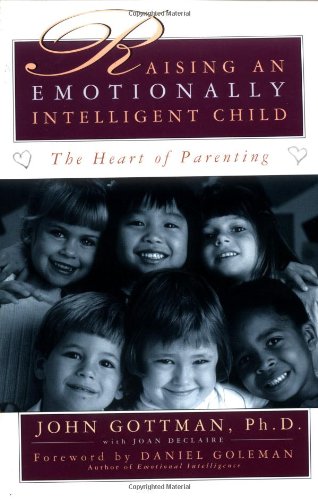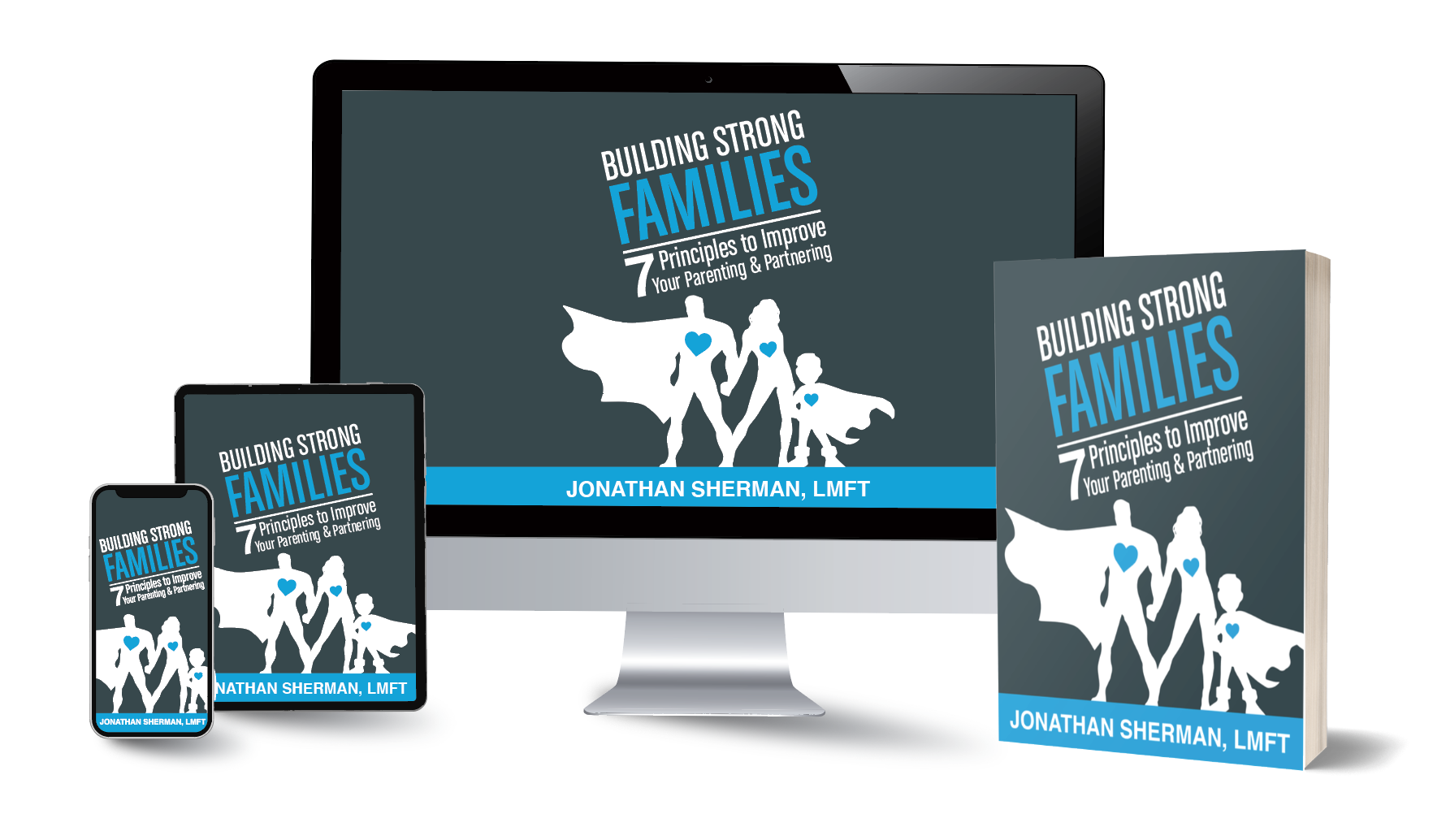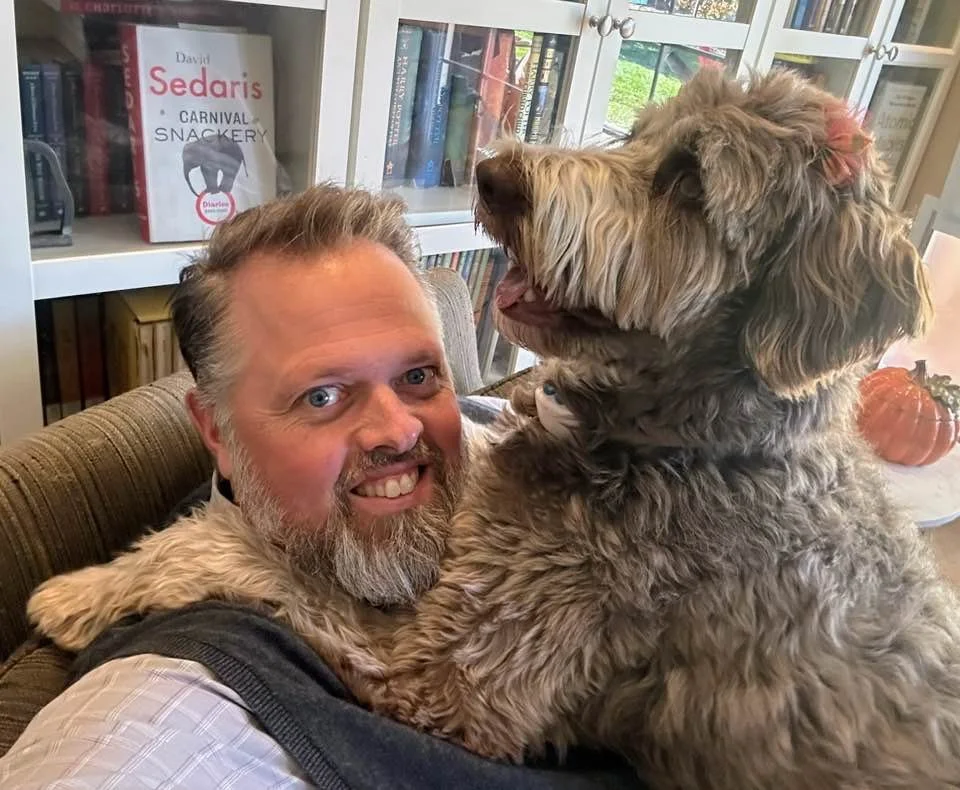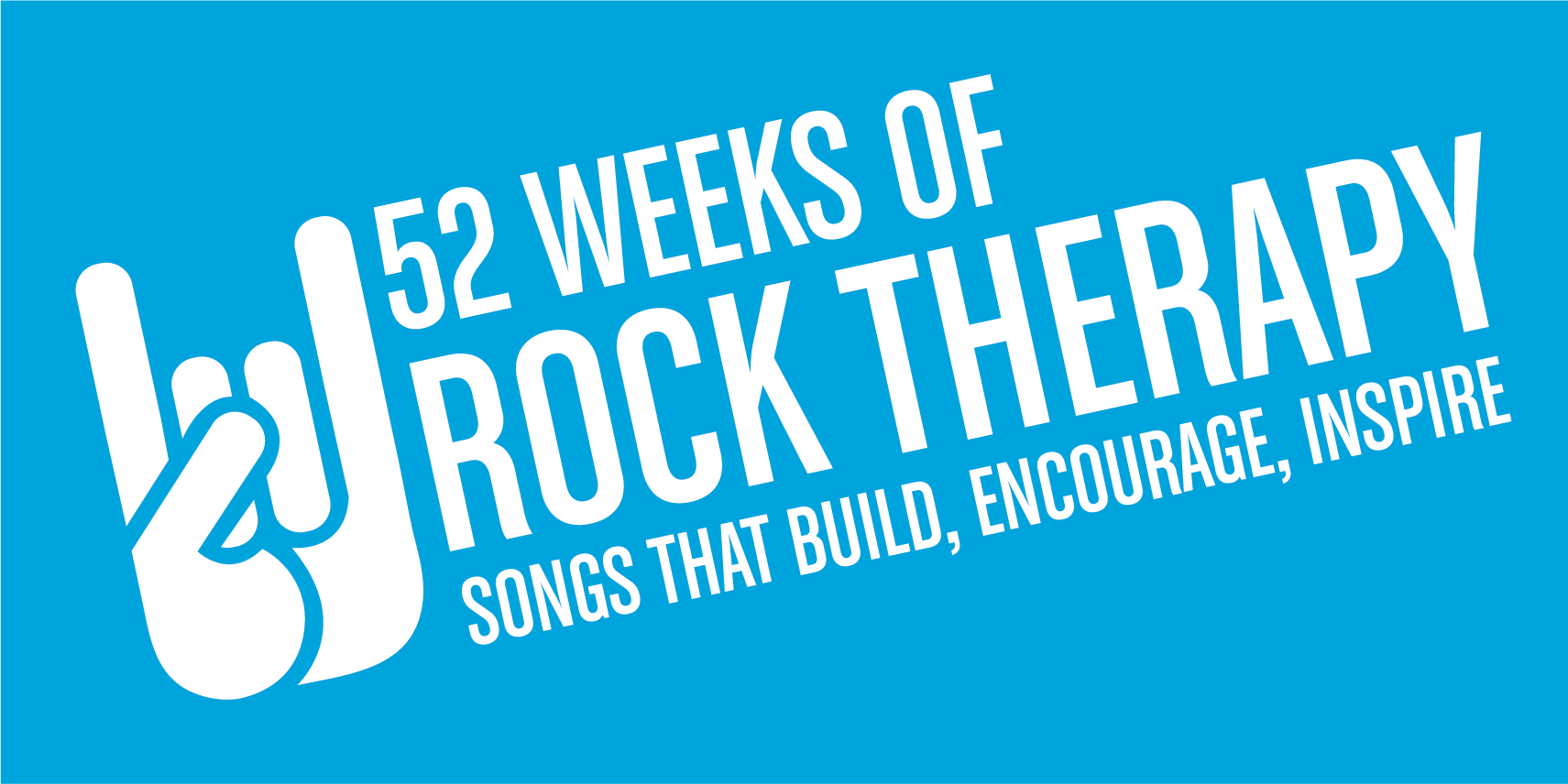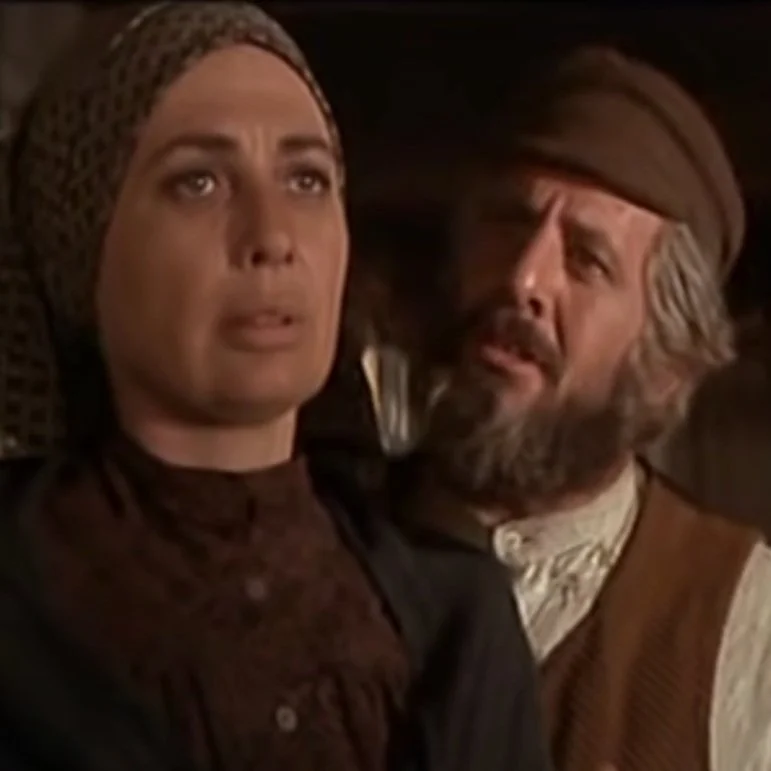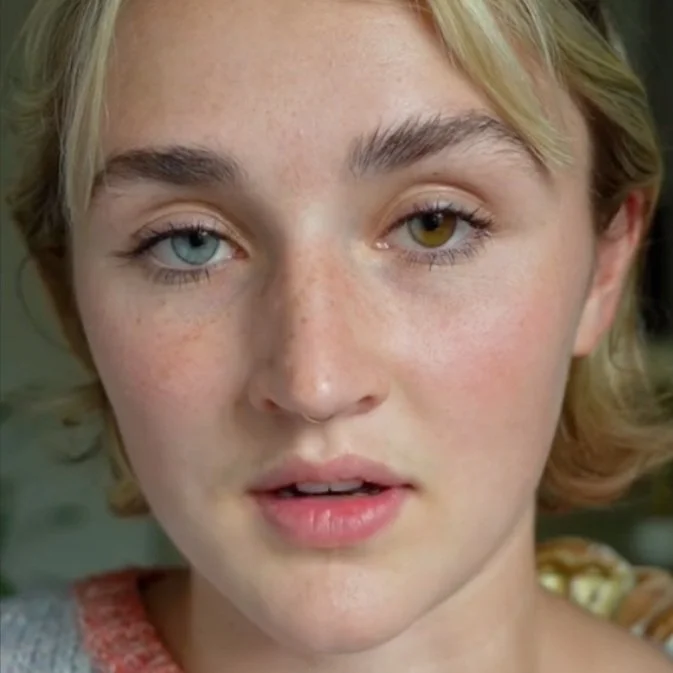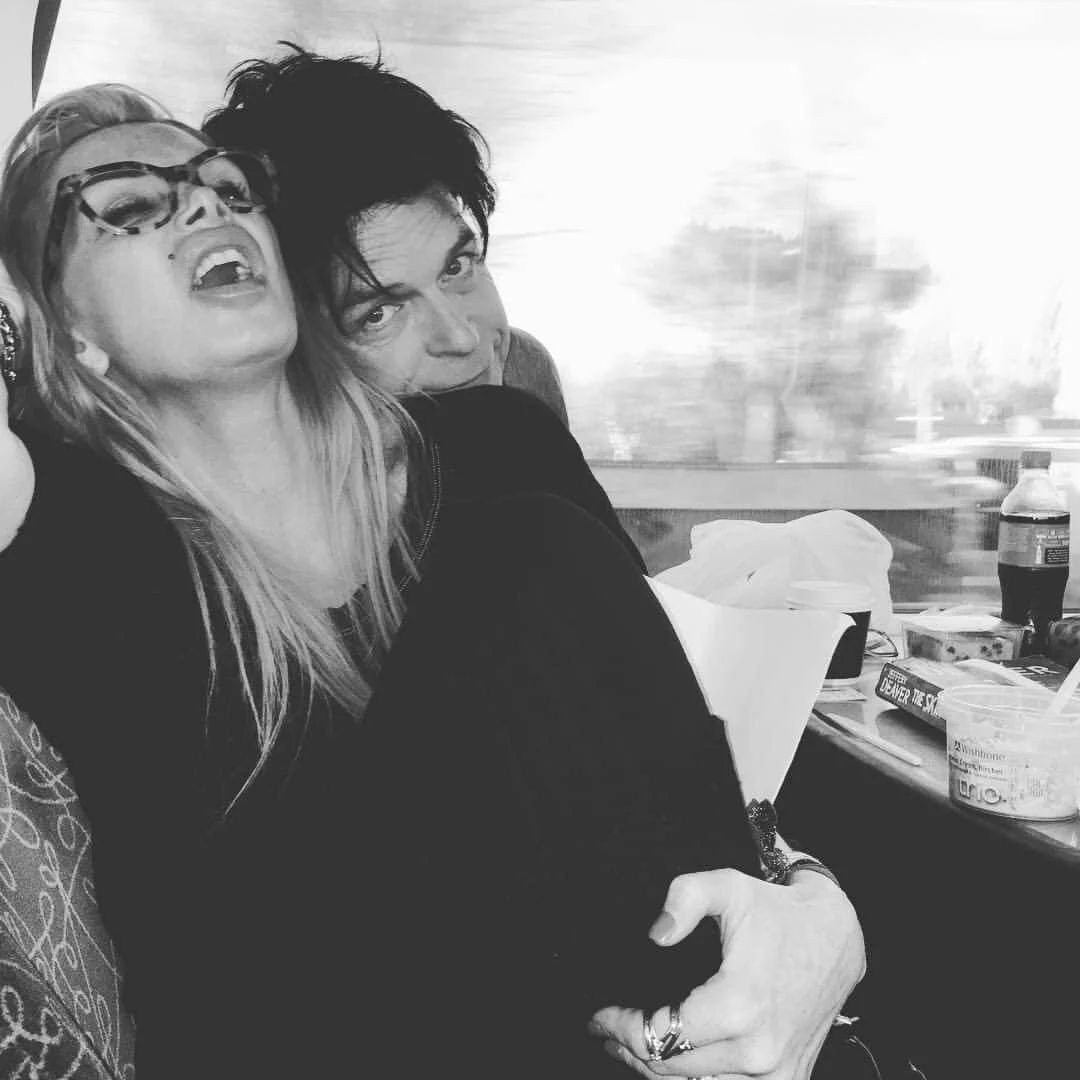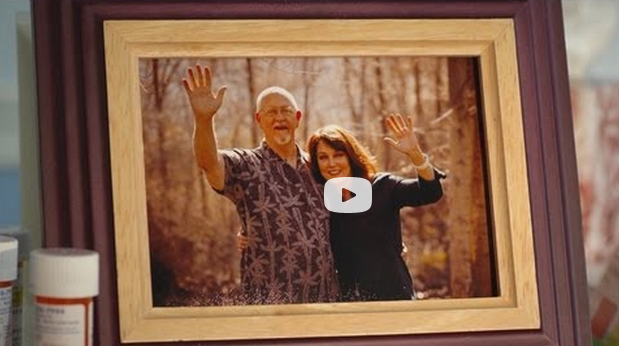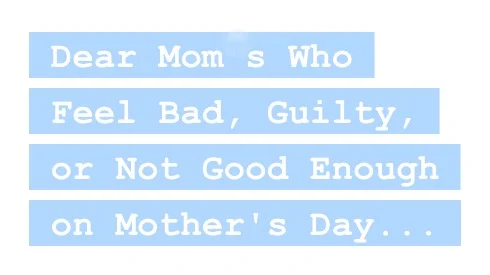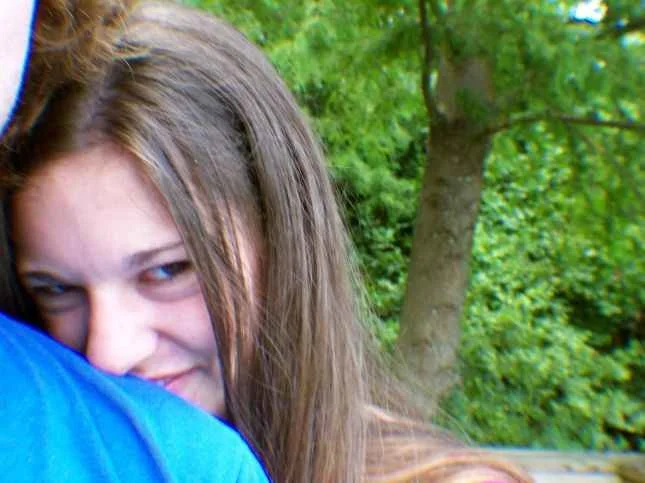For Pros: Working with Latency-Age Children
/Tips for new therapists and a Request to my seasoned colleagues
—NOTE: Please excuse typos and incomplete parts you may notice. This post is a rough draft—
A new, young and talented therapist in the field just passed his licensure exam and is going to be working with latency-age children. He asked for some literature and recommendations for working with this population. I LOVE to encourage and mentor the next generation of therapists, as I'm sure you do as well. I'm putting together a few notes, ideas and reading list for him and would value your recommendations as well (for him as well as for me). Just enter your recommendations in the comments below. THANK YOU FOR YOUR INPUT!
While there are MANY things to learn and know about working with this age population, and MANY fantastic books, I would recommend the following as a crash course to cover some of the broad strokes. Knowing that there is limited time to get up to speed, the books with the *asterisks are the ones I would say are the essential first reads. These are all clickable links to Amazon so you can get them right away.
Family Therapy
First and foremost: If you're working with kids you're working with families. Learn how to do family therapy—learn how to get comfortable in the chaos that can come with working with multiple people and dyanmics in the same room. Family therapy is your friend. Embrace it. I am amazed about how many therapists have only had one family therapy class in grad school (and no further post-grad training) who then go on to provide family therapy. Yikes! Further, I've sadly been amazed how much corrective work I've had to do for parents and kids who've been to therapists who've done "family therapy" that really wasn't. There are SO many books in this area I could recommend, of course, but this is a 101 Crash Course list.

*Family Therapy Techniques. You can't go wrong with studying the masters. This book is 30 years old and you'll be hard-pressed to find better. Minuchin was a family therapy pioneer. You would do well to study any of the family therapy greats: Whitaker, Haley, Madanes, the MRI Group, Milan Systemic, etc.
Working with Kids in Therapy in General
*The Child Psychotherapy Treatment Planner (Practice Planners) is a nuts and bolts idea-generator for when you are wondering what should I do with X situation?

Handbook of Evidence-Based Treatment Manuals for Children and Adolescents is another great go-to guide for getting ideas and strategies and goes into more depth than the first one. I have the first edition. This link is for the 2nd edition published in 2008.

Cognitive-Behavioral Therapy for Impulsive Children, Second Edition, is pretty self-explanatory...

Therapist's Guide to Clinical Intervention, Second Edition: The 1-2-3's of Treatment Planning (Practical Resources for the Mental Health Professional), is another great go-to-guide for "How might I approach X problem?" which covers many child/adolescent issues as well.
Play Therapy

*Play in Family Therapy, Eliana Gil. This was one of the best books I got in grad school that I devoured for ideas in working with kids in therapy of all ages.
Filial Therapy is one of the many forms of play therapy. The short version: It's basically parent training. Train the parent to be the in-home therapist as there's no one that is better situated in love and proxmity to be the best therapist than the parent is. I've done a lot of play, art and sandtray therapy with kids which is great. However, most of my work now with kids is in training the parent(s)...
Parent Training
Parents are interested only so much in developmental theory and your assessment. What they really want is to know WHAT TO DO in real-life practical situations at home and in-the-moment.

*Parenting With Love And Logic, by Jim Fay and Foster Cline. There are many fantastic parenting books out there. This one is worth it's weight in gold. It's solid and practical and parent-friendly in a way that empowers both parents and children. It's easily taught and also deep. I encourage the parents I work with (and new therapists) to learn one book well rather than many poorly or half-way. This is also true for therapeutic models. It's good to be eclectic and open in therapy. But watered-down versions of solid, research-based models is NOT good for anyone. So for the parent and the therapist LESS IS MORE. I wish I got a kick-back from them--Heaven knows I've sold enough of their books over the years for them just by telling parents to go buy them. This is such a great in-the-trenches model developed by a school principal and child pscyhiatrist.
Some more great Love and Logic resources:
Love and Logic free articles (great for client handouts)
Free Love and Logic audios and videos. They are funny and practical. It's great to hear how L&L is actually applied in real examples rather than just reading about it. Plus Jim Fay is just funny and relatable in his delivery.
Free Funny Parenting Stories audio (good for your own training and your client parents)

Raising An Emotionally Intelligent Child The Heart of Parenting, John Gottman. Gottman was talking about emotional intelligence way before it became a buzzword. Classic solid Gottman stuff.
Before It's Too Late: Why Some Kids Get Into Trouble--and What Parents Can Do About It, by Stanton E. Samenow (pronounced sam-uh-naw) is a fascinating book by one of the leading clinical forensic researcher written for parents on how to catch and correct anti-social behavior "before it's too late."
Divorce
I taught the State's mandatory divorce parenting class for over a decade. I'll send you my handout packet I used for that.
Teach the grief process.
Teach the importance of co-parenting.
Books:
*Vicki Lansky's Divorce Book for ParentsVicki Lansky's Divorce Book for Parents: Helping Your Children Cope with Divorce and Its Aftermath (Lansky, Vicki), I used this for years as the book for my divorce education class. Great, quick reference stuff.
Helping Your Kids Cope with Divorce the Sandcastles Way, M. Gary Neuman with Patricia Romanowski. This is a more in depth book than the above. Both offer great info and strategies for kids and fams.
Stepfamilies
Stepfamilies are THE most common family form. Learn stepfamily dynamics. If you don't know stepfamily dynamics (I'm amazed how many therapists don't!) then how will you be able to help the kids and parents you work with navigate a stepfamily successfully? [I do a workshop on this. Give me a call and we can set up a private training if you like on this or any of these areas).
ADHD and Behavior Modification/Shaping Basics
Books:
I've been treating ADHD for years in kids, teens and adults. A parental fav many of my clients have found useful is: Parenting Children with ADHD: 10 Lessons That Medicine Cannot Teach (APA Lifetools)
I'll send you my draft of my upcoming book: 125 Alternate Solutions to Managing ADHD. This is available as a workshop as well. See the Parent Training section on the Seminars page.
Counseling and Training:
I also teach a Study Smarter, Not Harder: Effective Learning Strategies for teachers, parents and students. You'll certainly be dealing with many bright kids who don't think they are bright because they've never learned how to succeed in school.
Animal Training for Humans
125 Alternate Solutions to Managing ADHD
I'm happy to do private trainings for you 1:1 on any of these topic areas and/or I could come and do in-service trainings for your agency



